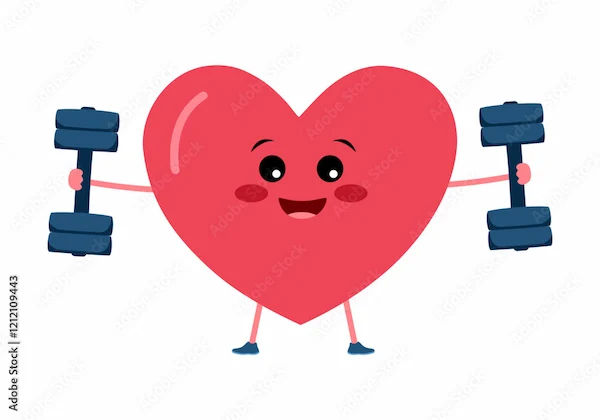- female
- 40 Years
- 07/02/2025
I've been having this pain on the left side of my chest, and I found out that my ESR is 25. My vitamin D3 level is really low at 3.75. I got a CT scan of my lungs, and everything came back normal. I'm curious if taking vitamin D3 supplements will help with this chest pain, or do you think I should see a cardiologist about it?
More Cardiology Health Queries
View allMy mom, who's 75, has been having this center chest pain for 25 days now. Last week the doctor gave her met xl 12.5 and veloz d to take every morning after looking at her ECG report, but it hasn't helped with the pain. Today, after checking her 2D echo, they suggested she take Mucaine syrup and Sucrafil three times a day for a month. She's also on telmikind am 80 (half a tablet) and rosuless c 10 every night. I'm really worried since it's been more than a week without improvement. Do you have any idea what might be causing this pain?
Based on the medications your mother is currently taking and the symptoms described, the chest pain could be due to acid reflux or gastroesophageal reflux disease (GERD). The medications prescribed such as Veloz D, Mucaine, and Sucrafil are commonly used to treat symptoms of acid reflux. It is possible that the pain is related to acid irritation in the esophagus. To further alleviate the symptoms, you can consider adding a proton pump inhibitor (PPI) such as Esomeprazole (brand name: Nexium) or Pantoprazole (brand name: Protonix) to reduce stomach acid production. The usual dosage for Esomeprazole is 20-40mg once daily before a meal, and for Pantoprazole, it is 40mg once daily in the morning. Additionally, lifestyle modifications such as avoiding trigger foods, eating smaller meals, avoiding lying down after eating, and maintaining a healthy weight can also help in managing acid reflux symptoms. It is important to continue the current medications as prescribed and follow up with your doctor for further evaluation if the chest pain persists.
Answered by 1 Apollo Doctors
I'm thinking about stopping my hypertension medication because I've managed to control it myself. But I'm worried about any possible side effects from discontinuing the meds on my own. What should I consider before making this decision?
Visit your Physician for evaluation and appropriate management
Answered by 1 Apollo Doctors
I'm really worried about this ongoing chest pain I've been having for the last eight months. Sometimes it's sharp and hits right in the center or other areas of my chest, and even my breast. I've also got this pain on the left side of my chest that spreads to my upper back on the same side. I had an ECG and a 2D echo done about five months ago, and everything looked normal then. But this pain really scares me, and I'm not sure what my next steps should be or which specialist I should see. My Spo2 levels are between 94 and 97, and my resting pulse is around 53 to 60 in the early mornings. Could you help point me in the right direction?
Patient is advised cardiac markers, spirometry ad complete blood count.
Answered by 1 Apollo Doctors
Disclaimer: Answers on Apollo 247 are not intended to replace your doctor advice. Always seek help of a professional doctor in case of an medical emergency or ailment.




